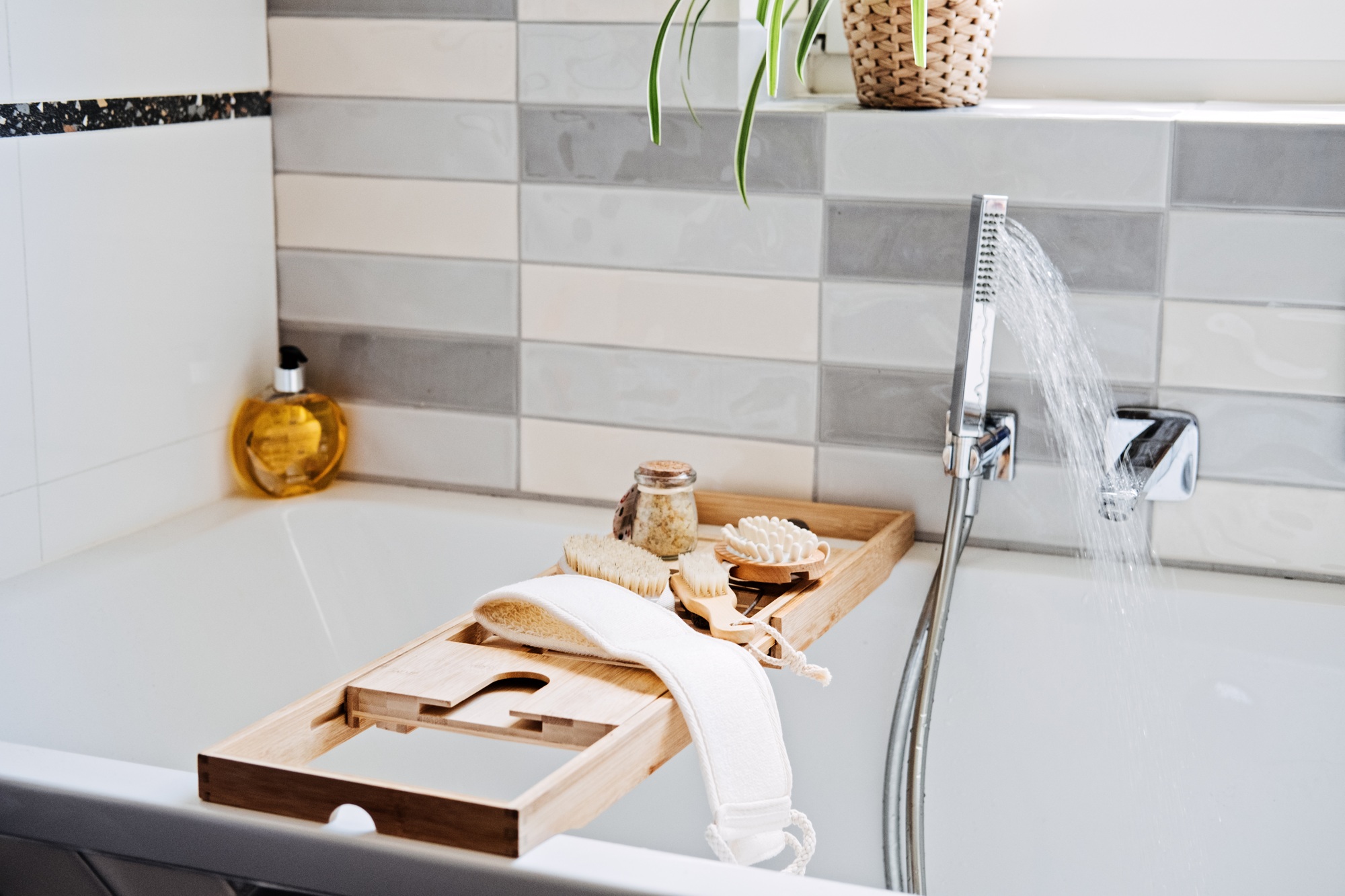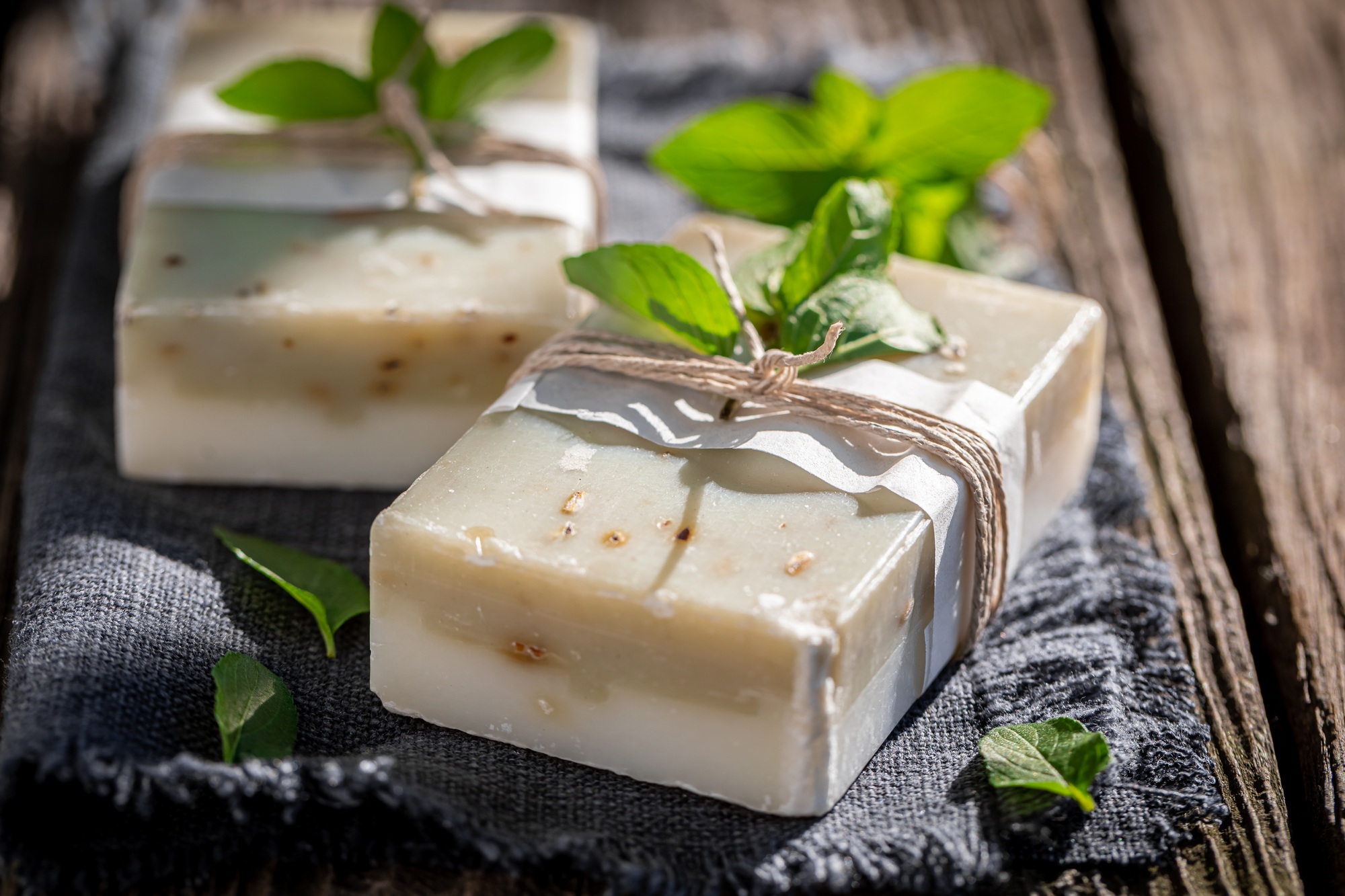
In today’s fast-paced world, it’s easy to feel overwhelmed by the demands of daily life. Stress, poor nutrition, lack of exercise, and a hectic schedule can all take a toll on both our mental and physical well-being.
A balanced life isn’t just about managing work, family, and social commitments—it’s about taking care of ourselves holistically, focusing on the mind, body, and spirit.
Integrating holistic health practices into your daily routine can create a sense of balance, boost your energy, improve your mood, and promote long-term health.
If you’re ready to make a shift toward a more balanced and healthy life, here are five holistic health practices you can start implementing today.
1. Practice Mindfulness and Meditation
Mindfulness and meditation have gained significant popularity over the years, and for good reason. These practices focus on being present in the moment, helping you let go of stress, anxiety, and distractions. When you focus on the present, it helps you disconnect from worries about the past or future, leading to a clearer mind and a more peaceful outlook.
- Mindfulness: This practice involves paying full attention to the present moment without judgment. You can practice mindfulness in almost any situation, whether you’re eating, walking, or doing household chores. It involves focusing on your senses, paying attention to your thoughts and feelings, and cultivating awareness of your surroundings. This helps reduce stress and improves emotional regulation.
- Meditation: Meditation is a more structured practice that involves focusing your mind, typically through deep breathing, visualization, or guided sessions. Whether you meditate for five minutes or 30 minutes, regular meditation has been shown to lower blood pressure, reduce stress, and improve emotional well-being. Apps like Headspace or Calm are great tools for beginners.
By making mindfulness and meditation part of your daily routine, you’ll begin to notice improvements in your ability to manage stress, enhance your emotional resilience, and cultivate a deeper connection to yourself.
2. Nourish Your Body with Whole Foods
Proper nutrition is a cornerstone of holistic health. Our bodies need a variety of nutrients to function optimally, and the foods we eat can have a direct impact on our physical and mental well-being. Instead of turning to processed foods or quick fixes, try to incorporate more whole foods into your diet. Whole foods are nutrient-dense and support long-term health.
- Eat More Fruits and Vegetables: Aim to fill half of your plate with fruits and vegetables at every meal. These foods are rich in vitamins, minerals, fiber, and antioxidants that promote a healthy immune system, glowing skin, and optimal digestive health. Colorful produce, like berries, leafy greens, and bell peppers, are particularly packed with health-boosting nutrients.
- Prioritize Healthy Fats: Healthy fats, like those found in avocados, nuts, seeds, and olive oil, are essential for brain function, hormone balance, and skin health. Omega-3 fatty acids, found in fatty fish such as salmon, flaxseeds, and walnuts, are especially beneficial for reducing inflammation and supporting heart health.
- Stay Hydrated: Water is crucial for every cell in your body. It helps with digestion, detoxification, energy production, and maintaining healthy skin. Aim to drink at least eight glasses of water a day, and more if you’re active. You can also add herbal teas or infuse your water with fruits for extra flavor and health benefits.
By fueling your body with whole, nutrient-rich foods, you’ll feel more energized, mentally sharp, and physically strong.
3. Move Your Body Regularly
Exercise is another essential element of holistic health. Regular movement not only improves physical fitness but also boosts your mood, reduces stress, and enhances overall well-being. Whether it’s a brisk walk, yoga, or weight training, finding a physical activity that you enjoy is key to making exercise a consistent part of your routine.
- Yoga and Pilates: These practices focus on stretching, strengthening, and balancing the body while promoting mental clarity. Yoga, in particular, is also a form of mindfulness, which encourages deep breathing and relaxation. Whether you’re doing a few sun salutations in the morning or participating in a longer class, yoga helps improve flexibility, reduce stress, and increase mental focus.
- Strength Training: Lifting weights or doing bodyweight exercises (like squats, push-ups, and lunges) helps build muscle, boost metabolism, and improve bone density. Strength training has also been shown to have significant mental health benefits, including reducing symptoms of anxiety and depression.
- Cardio Activities: Activities like jogging, cycling, swimming, or dancing get your heart rate up and increase cardiovascular health. Cardio exercises help improve circulation, reduce the risk of chronic diseases, and release endorphins, which boost your mood.
Aim to incorporate a mix of aerobic, strength, and flexibility exercises into your weekly routine. Even 30 minutes of movement a few times a week can significantly improve your physical and mental health.
4. Get Quality Sleep
Sleep is one of the most important factors in achieving a balanced life. Unfortunately, many people underestimate its importance or fail to prioritize it. When you don’t get enough sleep, it affects everything from your energy levels to your ability to concentrate, regulate your emotions, and manage stress.
- Create a Sleep Routine: Go to bed and wake up at the same time every day, even on weekends. A consistent sleep schedule helps regulate your body’s internal clock and ensures you get restorative sleep each night.
- Optimize Your Sleep Environment: Your bedroom should be a sanctuary for rest. Keep the room dark, quiet, and cool. Consider using blackout curtains, earplugs, or a white noise machine to create a peaceful environment. Avoid blue light from screens at least 30 minutes before bed, as it can interfere with your sleep cycle.
- Practice Relaxation Techniques: If you find it difficult to wind down, try relaxation techniques such as deep breathing, journaling, or listening to calming music before bed. These practices can help signal to your body that it’s time to relax and prepare for sleep.
Getting enough quality sleep allows your body to repair and rejuvenate itself, improves cognitive function, boosts your immune system, and supports your mental well-being. Aim for 7-9 hours of sleep each night.
5. Foster Meaningful Connections
Human connection plays a significant role in maintaining balance in life. Relationships with family, friends, and loved ones provide emotional support, reduce feelings of isolation, and help us cope with challenges. Social interaction can even improve your physical health by lowering stress levels and enhancing mental well-being.
- Prioritize Quality Over Quantity: It’s not about having a large number of friends but having meaningful, authentic relationships. Spend time with people who lift you up, support your goals, and encourage your personal growth.
- Practice Active Listening: When interacting with others, truly listen and engage with them. Active listening helps you build deeper connections, improve communication, and show empathy.
- Set Boundaries: While relationships are important, it’s also crucial to set healthy boundaries to protect your energy. Learn to say no when needed and ensure you have time to focus on your own well-being.
Spending time with people who value and support you contributes to a sense of purpose and happiness, which is essential for a balanced life.
Conclusion
Holistic health is about nourishing every aspect of yourself—mind, body, and spirit. By integrating practices like mindfulness, whole foods, exercise, quality sleep, and meaningful relationships into your daily routine, you can create a balanced, fulfilling life.
Remember, it doesn’t have to be perfect or complicated. Start small, and over time, these practices will become a natural part of your life, helping you feel your best both inside and out. Take the time to prioritize your well-being—you deserve it!












